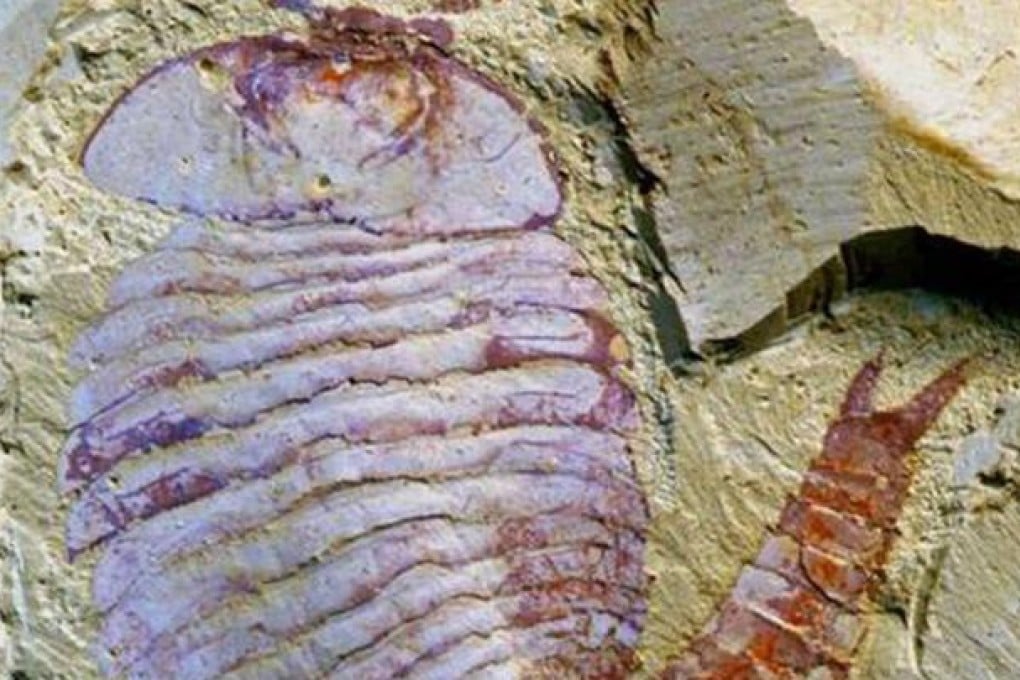Fossilised 'bug' had complex brain long before scientists thought possible

A 520-million-year-old, 7.6cm fossil has yielded evidence that complex brains evolved much earlier than previously thought, scientists said.
The preserved external skeleton of Fuxianhuia protensa, an extinct type of arthropod, is the earliest known fossil to show a complex brain, according to a study published on Wednesday in the journal Nature.
"No one expected such an advanced brain would have evolved so early in the history of multicellular animals," said co-author Professor Nicholas Strausfeld, a neurobiologist at the University of Arizona.
The fossil was deposited in mudstone during the Cambrian period in what is today China's Yunnan province.
It was a member of the family of arthropods, creatures without backbones, which today include insects, spiders and crustaceans.
The researchers found two eyes on stalks, which contained traces of a substance they interpreted to be nerve tissue - optic nerves connected to a three-segment brain.